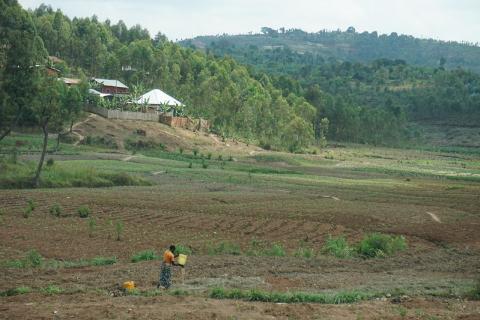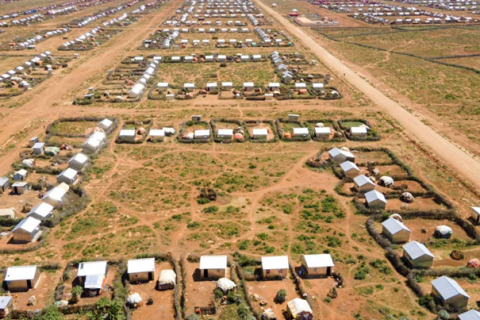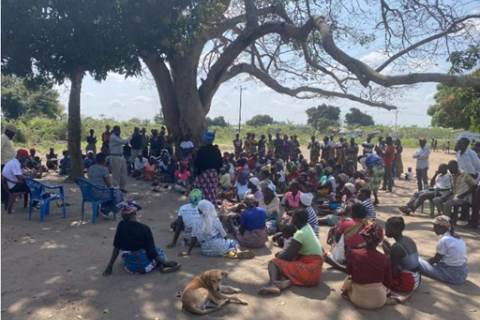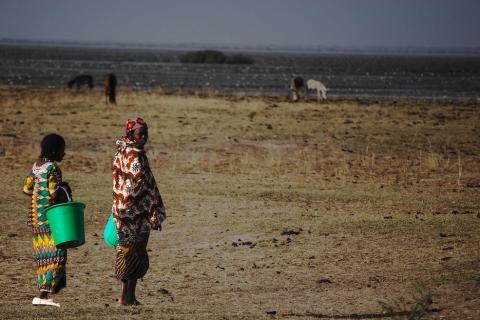Faire face au stress climatique en période d'insécurité foncière : Que disent les locaux ?
Dans ce numéro de Quoi lire, nous passons en revue quatre articles récents portant sur la manière dont les communautés rurales du Sud font face aux catastrophes climatiques, y compris des cas du Bangladesh, de la Colombie et de l'Inde.








